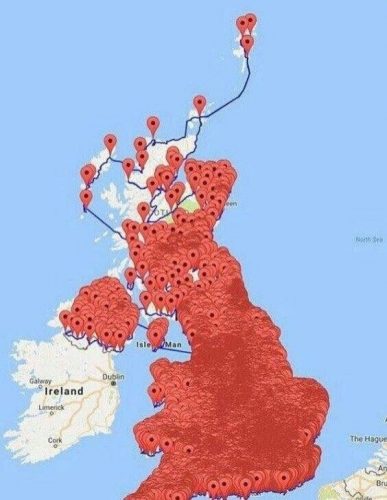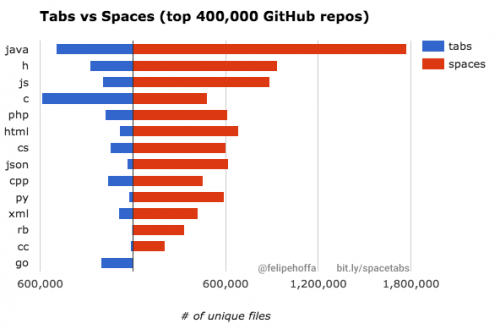Here are a couple of interesting articles from the last few days on Slashdot.
First, comes in a very non-surprising survey saying that “40 percent of organizations store admin passwords in Word documents“. Judging from my personal experiences in different companies, I’d say this number is much higher if you extend the Word documents to Excel spreadsheets and plain text files. I think pretty much every single company I’ve worked at used such common files for admin password storage (at least at some point).
“Why or why?!!!”, the security concerned among you might scream. Well, I think there are two reasons for this. The first one is that password management is complicated. There are tools that help with this, but even those are rarely easy to use. Storing the passwords in a secure, encrypted storage is one thing. But, how do you share them with just the right people? How do you trust the tool? What happens if the file gets corrupted, the software updates, the license expires, or the master password is lost? The risk of losing admin access to all your equipment and accounts is scary. On top of that, there is the issue of changing passwords (especially when people leave the company) – not a simple job if you have a variety of accounts (hardware, software, services, etc) and a lot of people who have a varying degree of access. Or automation scripts that need access to perform large scale operations. Personally, I don’t think this problem has been solved yet.
The second reason is in this other Slashdot post – “Sad Reality: It’s Cheaper To Get Hacked Than Build Strong IT Defenses“. This is very true as well. A simple firewall and a strong password policy is often more than enough for many organizations. The risks of compromise are low. In those cases where it does happen, you’d often get some script kiddie consequence like a Bitcoin mining app or affiliate links spread across your website. Both are quite easy to detect and fix. Is it worth investing hundreds of thousands in equipment and personnel to prevent this? For many companies it is not.
The fact of the matter is that a lot of people don’t really care about security or privacy on the personal level, and that then translates into the organizational mentality as well.
Just think about people leaving in all those high crime areas. Some of them think the risk is worth it – maybe then can make more money there or have a more exciting life. Some of them simply can’t afford to move anywhere. That’s very similar to the digital security, I think. Some don’t care and prefer to run the risk, saving the money on protection. Some simply can’t afford to have a decent level of security.



